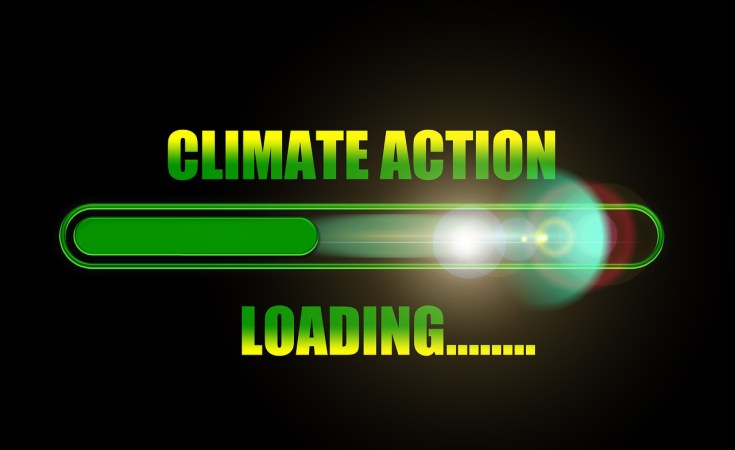Government agencies, ministries and businesses in Seychelles will now include aspects of climate change in their planning and strategic policies, a top official said on Tuesday.
The Minister for Agriculture, Climate Change and Environment, Flavien Joubert, told SNA that this follows Seychelles' participation in the 28th Conference of Parties (COP28), held in Dubai from December 1 to 12.
Joubert said that although there is still a need "to show the urgency of the situation where climate change is concerned, while the language used at the closing of the conference does not really show it, we were satisfied with this year's conference."
Countries attending the COP28 have also pledged to try harder where emissions are concerned.
"What we plan to continue doing as a country is to remain in the various groupings that we are a member and continue to push the climate change agenda - the only way to make progress where the area is concerned," he said.
The minister said that in the COP28 "we managed to take a delegation of 80 representatives, so that they experience what happens in such a conference."
Joubert added that "stakeholders in Seychelles were able to network with others in their fields and discuss better ways in which they can contribute to the climate change agenda."
One of the areas he highlighted was the fact that many of the buildings in Seychelles used a lot of energy.
He said that the participation of the Minister for Lands and Housing, Billy Rangasamy, and his team allowed them to talk to others to see how Seychelles can reduce the amount of energy being used, like in air-conditioning.
The Seychelles delegation was also able to network with others on how to move towards the use of sustainable energy vehicles.
"We are pushing for people to use electric cars more instead of those that use petrol," he said.
Seychelles has already embarked on a two-year electric mobility project since November 2022 with the help of the Global Environment Facility (GEF) and the United Nations Environment Programme (UNEP).
In the first part of the project, the Seychelles Public Transport Corporation (SPTC) will introduce full electric buses to their fleet. Currently, SPTC has 200 buses, which complete over 1,400 journey per day and use approximately 220,000 litres of fuel per month.
Joubert highlighted that expanded that there has been significant improvement in that area as well in Seychelles, an archipelago in the Indian Ocean.
The island nation is also a member of many small island developing states (SIDS) groupings to create a bigger voice for their plights when attending such meetings.
This year, Seychelles spoke about the coastal erosion that it is dealing with, which has happened as a result of climate change.


